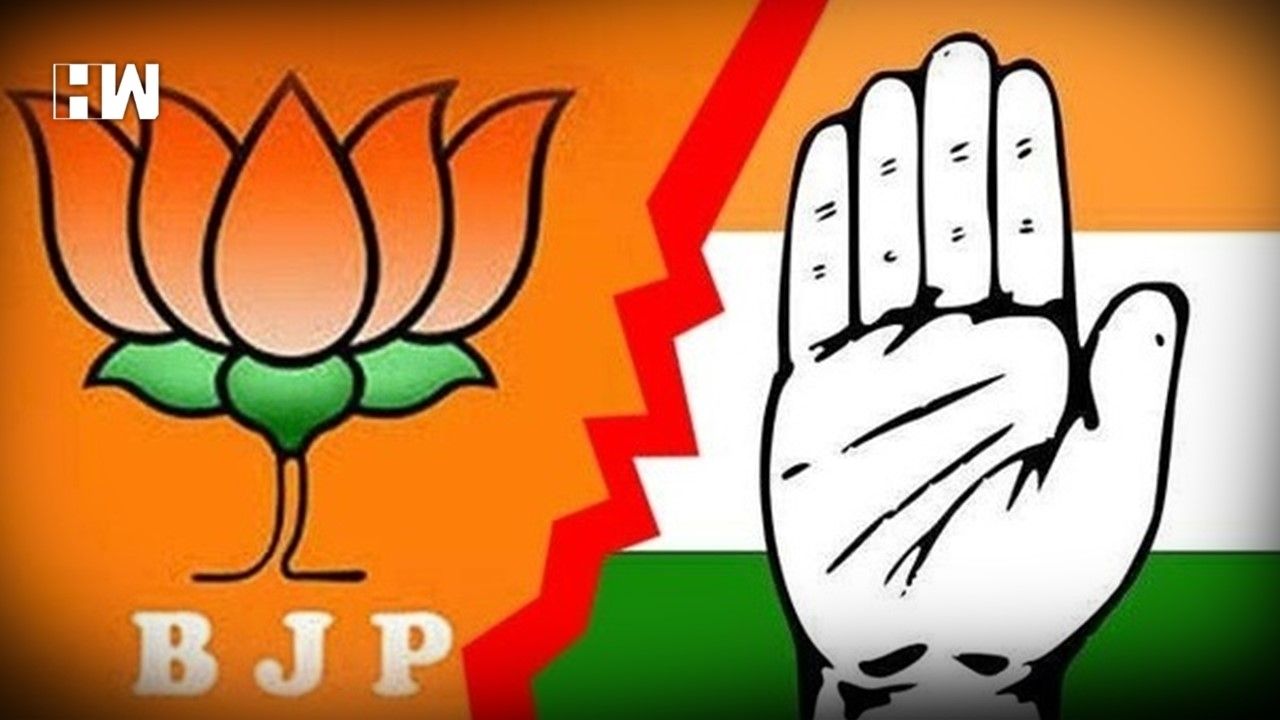In recent developments, the Odisha government has issued a crucial mandate for universities and colleges across the state. The directive requires all higher educational institutions to establish Internal Complaints Committees (ICCs) to address issues of sexual harassment and ensure safe environments for students. This move follows a tragic incident at Fakir Mohan Autonomous College in Balasore, where a young student attempted self-immolation in response to alleged sexual harassment. The government’s order, which must be implemented within 24 hours, aims to prevent such incidents and create a safer space for students in higher education institutions.

This step by the Odisha government is part of a broader push to ensure institutions comply with the Sexual Harassment of Women at Workplace (Prevention, Prohibition, and Redressal) Act, 2013, as well as the University Grants Commission (UGC) Regulations, 2015. This article will walk you through the key aspects of this directive, what it means for educational institutions, and how universities and colleges must act to comply.
Odisha Government Orders Universities and Colleges
| Key Information | Details |
|---|---|
| New Directive by Odisha Government | Universities and colleges must set up Internal Complaints Committees (ICCs) within 24 hours. |
| Reason for the Mandate | Response to a tragic self-immolation attempt due to alleged sexual harassment. |
| Key Legal Framework | Mandate in line with Sexual Harassment of Women at Workplace Act (2013) and UGC Regulations (2015). |
| Required Actions by Educational Institutions | Display names and contacts of ICC members, upload details to HIMS portal, and conduct workshops. |
| Accountability | Geo-tagged photographs of compliance must be submitted to the authorities. |
| Immediate Compliance Deadline | Institutions must comply within 24 hours of receiving the directive. |
For more details, visit the official source.
The Odisha government’s decision to require universities and colleges to establish Internal Complaints Committees (ICCs) within 24 hours is a significant step in ensuring the safety of students. This mandate not only protects students from harassment but also fosters an environment of accountability, transparency, and respect. By setting up these committees and conducting awareness workshops, colleges and universities will ensure that sexual harassment does not go unreported or unchecked.
In a broader sense, this initiative sends a strong message about the importance of providing a safe and supportive environment for everyone in educational institutions, which is essential for the overall well-being and growth of students. Educational institutions must take this mandate seriously and comply within the given timeframe to make campuses safer for all.
Why This Directive Matters: Understanding the Context
At the heart of this development is a tragic incident that has captured the public’s attention. Fakir Mohan Autonomous College in Balasore, Odisha, recently witnessed a 20-year-old B.Ed student attempt self-immolation after allegedly facing sexual harassment. This incident has sparked outrage and forced the government to take swift and decisive action. The young woman’s tragic act highlights the urgency of ensuring that educational institutions take stronger measures to protect students and address harassment in all forms.
To put this in perspective, sexual harassment in educational institutions is not just a legal issue, but a moral and ethical one. Every student deserves to feel safe in their learning environment. Universities and colleges play a pivotal role in shaping the future of young people, and their safety must be a top priority.
This is where the Internal Complaints Committee (ICC) comes in. Under the Sexual Harassment of Women at Workplace Act, 2013, all workplaces, including educational institutions, are mandated to establish such committees. These committees are tasked with providing a safe platform for individuals to report incidents of sexual harassment and ensure a fair investigation process.
The Odisha government’s mandate requires these committees to be set up immediately, with institutions having just 24 hours to comply. Failure to meet these standards will not only harm the institution’s reputation but could also invite legal consequences.
What Do Educational Institutions Need to Do?
1. Set Up the Internal Complaints Committee (ICC)
The first step for universities and colleges is to establish the Internal Complaints Committee (ICC) as per the Sexual Harassment of Women at Workplace Act, 2013. This committee must be composed of:
- A presiding officer who is a senior woman employee or external member.
- Two or more women members who are employees or students of the institution.
- An external member to provide an unbiased perspective on complaints.
By ensuring diverse representation, the committee will be more likely to address complaints with fairness, sensitivity, and understanding.
2. Make the Committee’s Details Public
In line with the UGC Regulations (2015), institutions must prominently display the names and contact details of ICC members around campus. This transparency allows students to easily reach out if they face or witness harassment.
Colleges and universities are also required to upload this information on the Higher Education Information Management System (HIMS) portal, an official online platform. This ensures the data is centrally stored and easily accessible by the state education department.
3. Conduct Awareness Workshops and Training
Educational institutions must sensitize their students and faculty about the functioning of the ICC and how complaints can be lodged. To do so, universities and colleges should conduct regular workshops on sexual harassment, gender sensitivity, and the importance of a safe learning environment. These workshops will help in creating an informed student body and staff that are better equipped to handle such issues when they arise.
4. Submit Compliance Proof
To ensure accountability, institutions must submit geo-tagged photographs of the displayed ICC information. This is part of the Odisha government’s effort to guarantee that compliance is not only documented but can also be verified. Geo-tagging ensures that the information is actually displayed on campus, and not just uploaded online.
How Does This Impact Students and Faculty?
The Odisha government’s directive will have far-reaching impacts on both students and faculty. Here’s how:
For Students:
- Increased Protection: Students will now have a clear and safe avenue to report complaints of sexual harassment without fear of retaliation.
- More Transparency: Displaying the names and contact details of ICC members allows students to easily identify who they can approach for help.
- Awareness and Empowerment: Sensitization workshops will make students more aware of their rights and how to protect themselves in various situations.
For Faculty:
- Clear Guidelines: Faculty members will have clearer guidelines on how to handle complaints and protect the rights of students.
- Legal Responsibility: Faculty members will be held accountable to ensure that the ICC functions effectively and that harassment is promptly addressed.
Ravenshaw University Students Fall Ill Following Hostel Meal: 44 Admitted to SCB Hospital
Odisha Reintroduces Pass-Fail System for Classes 5 & 8; Students Must Clear Annual Exams to Progress
LoP Naveen Patnaik Condemns FM College Incident, Demands Immediate Action
FAQs
1. What is an Internal Complaints Committee (ICC)?
The ICC is a committee set up by educational institutions to address complaints of sexual harassment. It ensures that victims have a safe place to report incidents, and it investigates the matter fairly and impartially.
2. How Can I Report Harassment?
If you’re a student facing harassment, approach a member of the ICC, whose details should be available on the college campus. You can also submit complaints via the HIMS portal.
3. What Happens if My College Doesn’t Comply with the Directive?
If a college or university fails to comply with the directive, it risks facing legal consequences and could be subject to sanctions by the state government.
4. What If the ICC Doesn’t Take My Complaint Seriously?
If you feel that the ICC is not handling your complaint seriously, you can escalate the matter to higher authorities, including the Women’s Commission or legal authorities.





